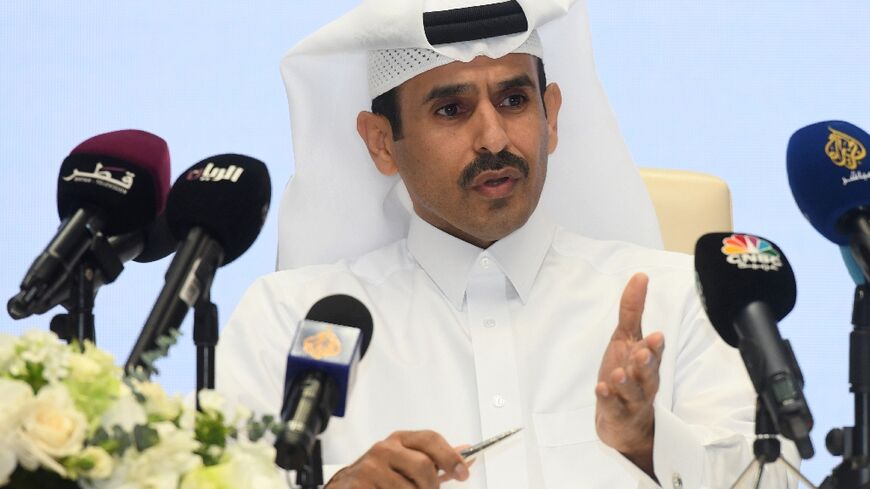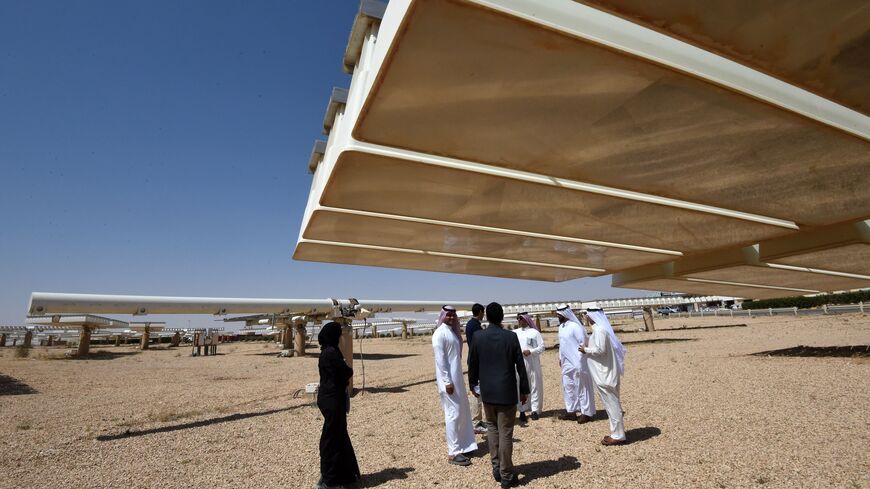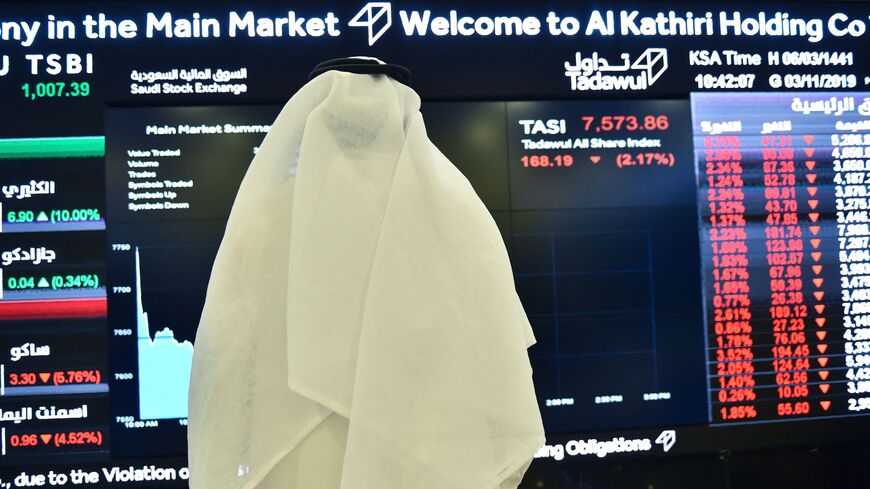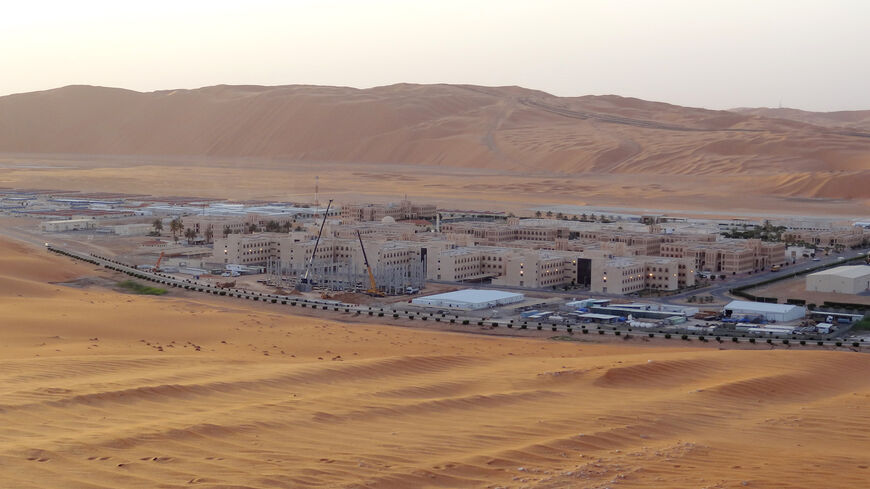Qatar places major bet on gas as Saudi Aramco scores new find in Jafurah
Asian liquefied natural gas prices have fallen to a nearly three-year low as warmer winter temperatures have dampened demand.
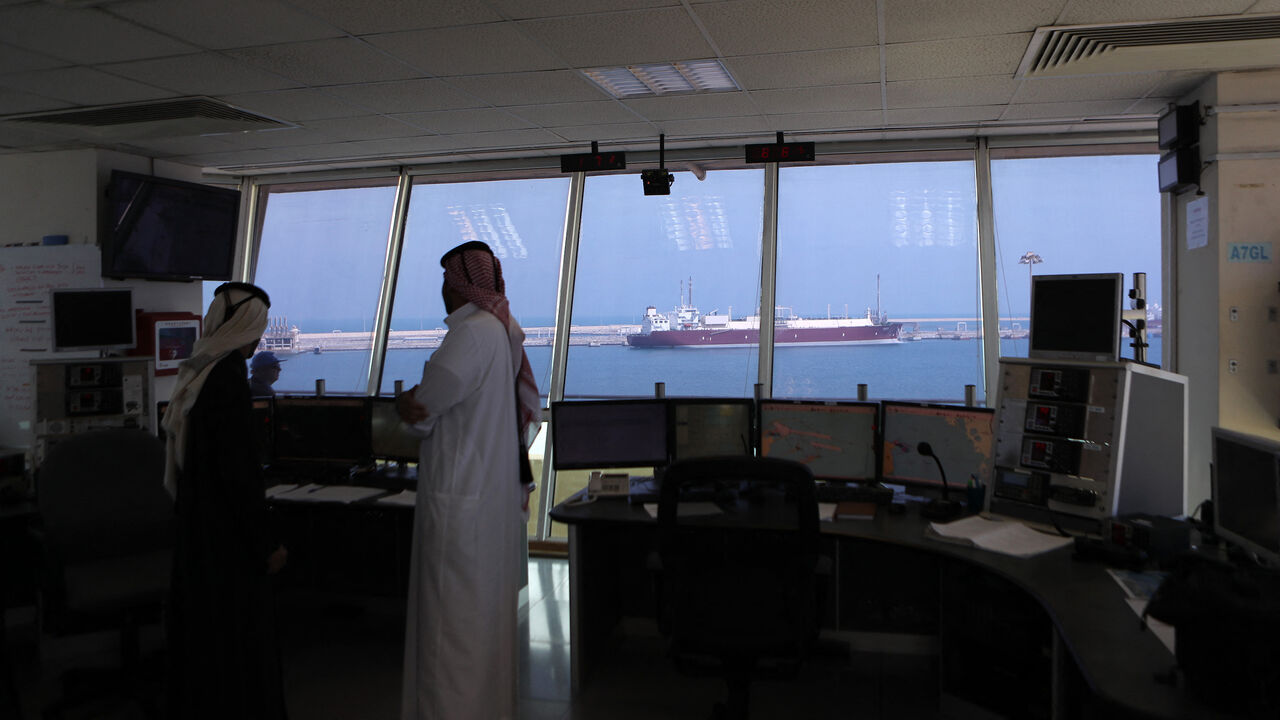
Two major Middle Eastern state-owned energy companies made significant gas announcements over the weekend despite a dip in the price of the commodity due to weak demand during the Northern Hemisphere winter.
QatarEnergy and Aramco have made long-term bets on gas because it emits less carbon dioxide than its older stablemate, oil. Although Asian and European gas prices reached record highs in 2022 after Russia invaded Ukraine, Asian liquefied natural gas prices have fallen to a nearly three-year low as warmer winter temperatures have dampened demand.
In a statement Sunday, QatarEnergy announced that it would boost gas output by nearly 85% after discovering more reserves.
The company’s CEO, Qatari Energy Minister Saad al-Kaabi, said in a press briefing that the expansion of its LNG production will add 16 million metric tons per year, bringing total capacity to 142 million tons per year by the end of the decade.
Kaabi said that amid survey efforts to optimize gas production, appraisal drilling and testing found that Qatar’s North Field extends further westward than expected. A new LNG project in Ras Laffan will be developed in an initiative called “the North Field West project.”
Kaabi said there is an estimated 240 trillion cubic feet more gas in the North Field than earlier estimates had held. The finding raises Qatar’s gas reserves from 1,760 to more than 2,000 trillion cubic feet, and the condensates reserves from 70 to more than 80 billion barrels, in addition to large quantities of liquefied petroleum gas, ethane and helium.
“These are very important results of great dimensions that will take Qatar’s gas industry to new horizons, as they will enable us to begin developing a new LNG project from the North Field’s western sector with a production capacity of about 16 [metric tons per annum]," Kaabi said.
He added that with the completion of this project, Qatar’s total hydrocarbon production will exceed 7.25 million barrels of oil equivalent per day.
Saudi discovery
Meanwhile, state-owned Saudi oil giant Aramco announced that it had found a significant jump in energy reserves in its Jafurah field, amounting to 15 trillion cubic feet of gas and two billion barrels of condensate.
With this discovery, Jafurah now has an estimated 229 trillion cubic feet of gas and 75 billion barrels of condensates, the Saudi Press Agency reported, citing Energy Minister Prince Abdulaziz bin Salman bin Abdulaziz.
The new finding in Jafurah, Saudi Arabia’s largest gas field, will help Aramco reach its goal of expanding its gas production by 50% by 2030.
Last month, the company announced that it would abandon its output target of 13 million barrels per day of crude, lowering it to 12 million bpd.
Prince Abdulaziz said the move was made in the course of Saudi Arabia's decarbonizing efforts.
Last week, Al-Monitor reported that the kingdom’s oil exports slumped 17.8% year-on-year in the fourth quarter of 2023 to $60.5 billion as non-oil revenues increased.



